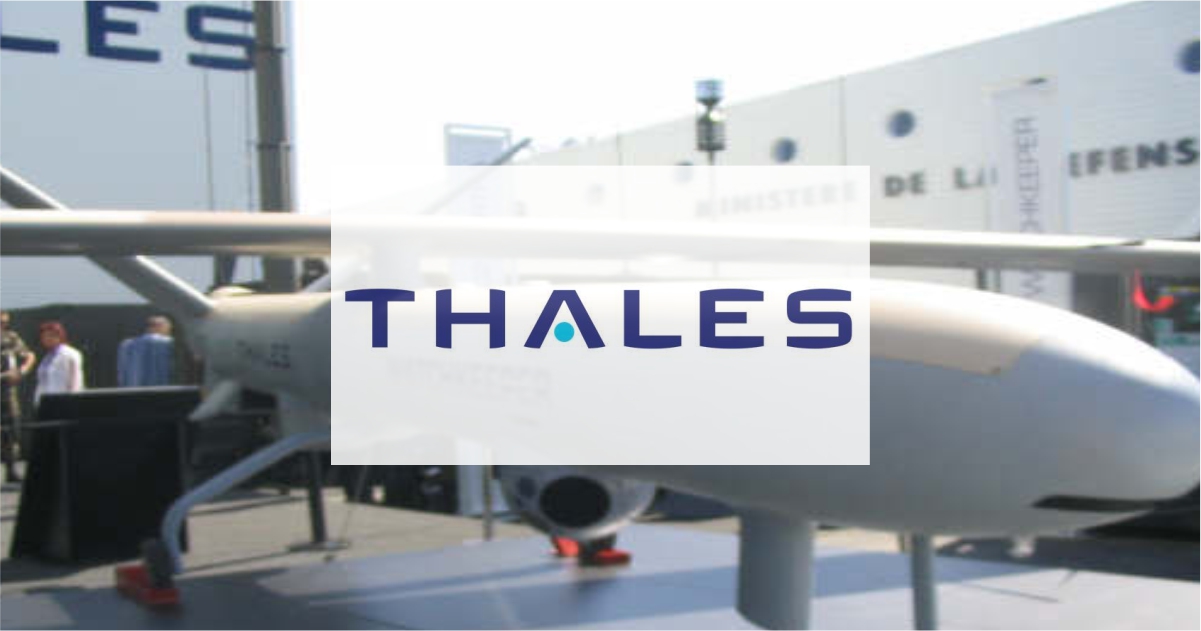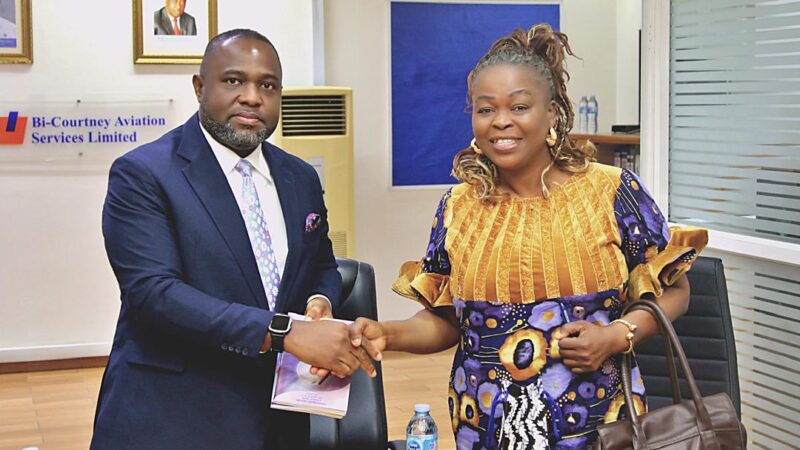Thales of France flouts contractual terms on Nigeria’s TRACON

The Nigerian Airspace Management Agency has raised alarm over an impending crash of the Total Radar Coverage (TRACON) equipment at the nation’s airports due to lack of spare parts.
The agency said the TRACON equipment, which was installed by the French company, Thales, has been bad in the last four years, and currently requires a total overhaul.
Unfortunately, Thales has refused to supply spares for the upgrade of the equipment, flouting the contractual agreement it had with the Nigerian government.
Speaking at a Stakeholders’ Interactive Forum recently organised by the agency in Lagos, NAMA’s Director of Safety Electronics and Engineering Services, Engr. Farouk Umar said that all efforts to source spare parts for the upgrade of the equipment from the manufacturer had hit the rock.
He disclosed that the agency had been operating the equipment without spares from the manufacturers, even after several demands were made to the latter.
To prevent a total collapse of the facility, Farouk called on the Federal Government to prevail on Thales to adhere strictly to the terms of contract as clearly printed in the paper work.
He stressed that it was expensive to procure navigational equipment from other sources for operations by the agency, adding that Thales must be prevailed upon to respect the initial terms of the contract.
Speaking on the agency’s successes, the Managing Director of NAMA, Capt. Fola Akinkuotu, said that in a bid to enhance air safety and radio communications between pilots and control towers within the country’s airspace, NAMA has installed Very High Frequency (VHF) radios across 17 airports in Nigeria.
According to him, some of the airports equipped with the facility included Owerri, Enugu, Kaduna, Ibadan, Katsina, Sokoto, Maiduguri and Akure.
Others include Asaba, Dutse, Akwa Ibom, Bauchi, Gombe and Calabar airports.
Akinkuotu said that the installation of VHF radios in 17 airports for approach and aerodrome control was part of the short term approach of the current management in the agency.
He insisted that installation of this equipment would further address the radio communication challenge in the system and urged all users of its facilities to commit to their obligations regularly in order to improve safety in the airspace.
The agency’s helmsman disclosed further that NAMA was also progressively installing navigational aids equipment in over 12 airport locations.
Some of the navigational aids installed in the 12 airports, according to him, were VHF Omnidirectional Range and Distance Measuring Equipment (VOR/DME), Instrument Landing System (ILS) and Category III ILS for Lagos and Abuja airports, which would be installed soon.
He also noted that NAMA, in collaboration with the Edo State Government, was installing an ILS in Benin Airport, using the agency’s equipment.
“We are doing everything possible to keep it so. We are sure that the replacement and upgrade of this system will soon commence. In addition to this, significant works towards installation of Wide Area Multilateration (WAM) surveillance system for the Gulf of Guinea for surveillance and control of low level flights will commence in few weeks.
“Let me remind us that provision and maintenance of airspace infrastructure and the required personnel is expensive. I will appeal to government to continue give the necessary supports to our drive to re-engineer the CNS/ATM facilities in NAMA within the shortest time possible and our customers commit fully to their obligations to the agency at all times,” he said.
Responding to some issues raised, the Minister of States for Aviation, Hadi Sirika, said that the policy direction of President Muhammadu Buhari was to provide enabling environment for investments in sectors that stimulate economic diversification and aviation was key as an intermodal means of transportation.
Sirika who was represented at the occasion by, Mr Sabiu Zakari, the Permanent Secretary, Ministry of Transport, noted that a safe airspace for seamless connectivity and free flow of domestic, regional and international air traffic was essential for capital investment into any economy.







